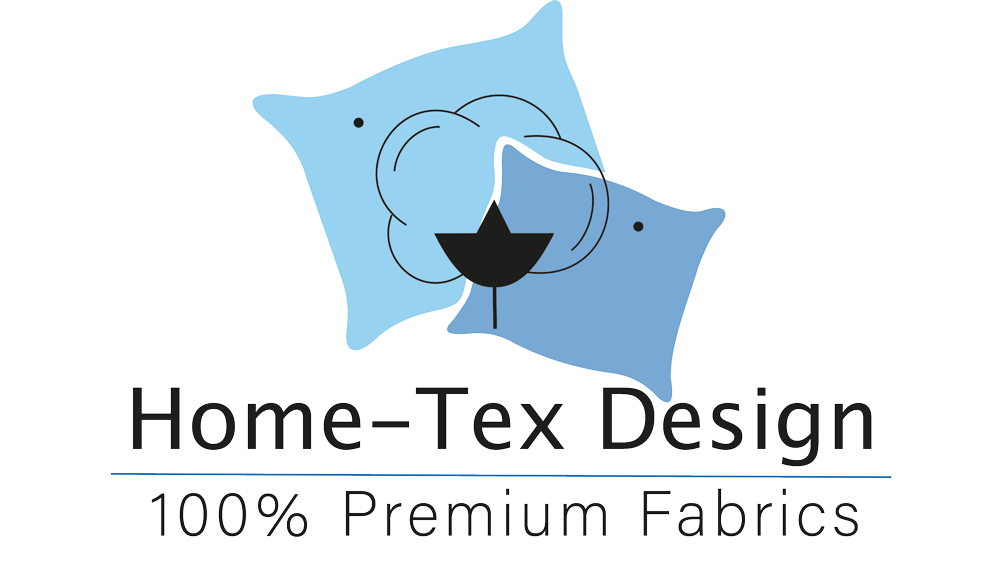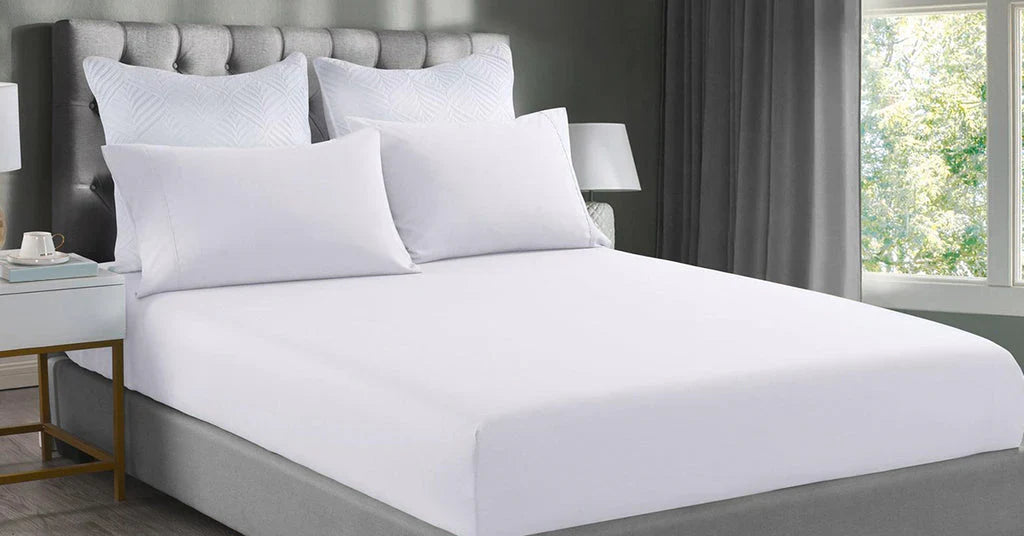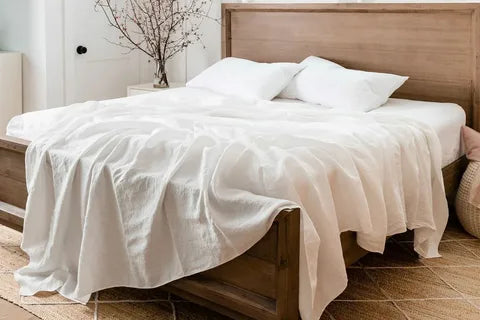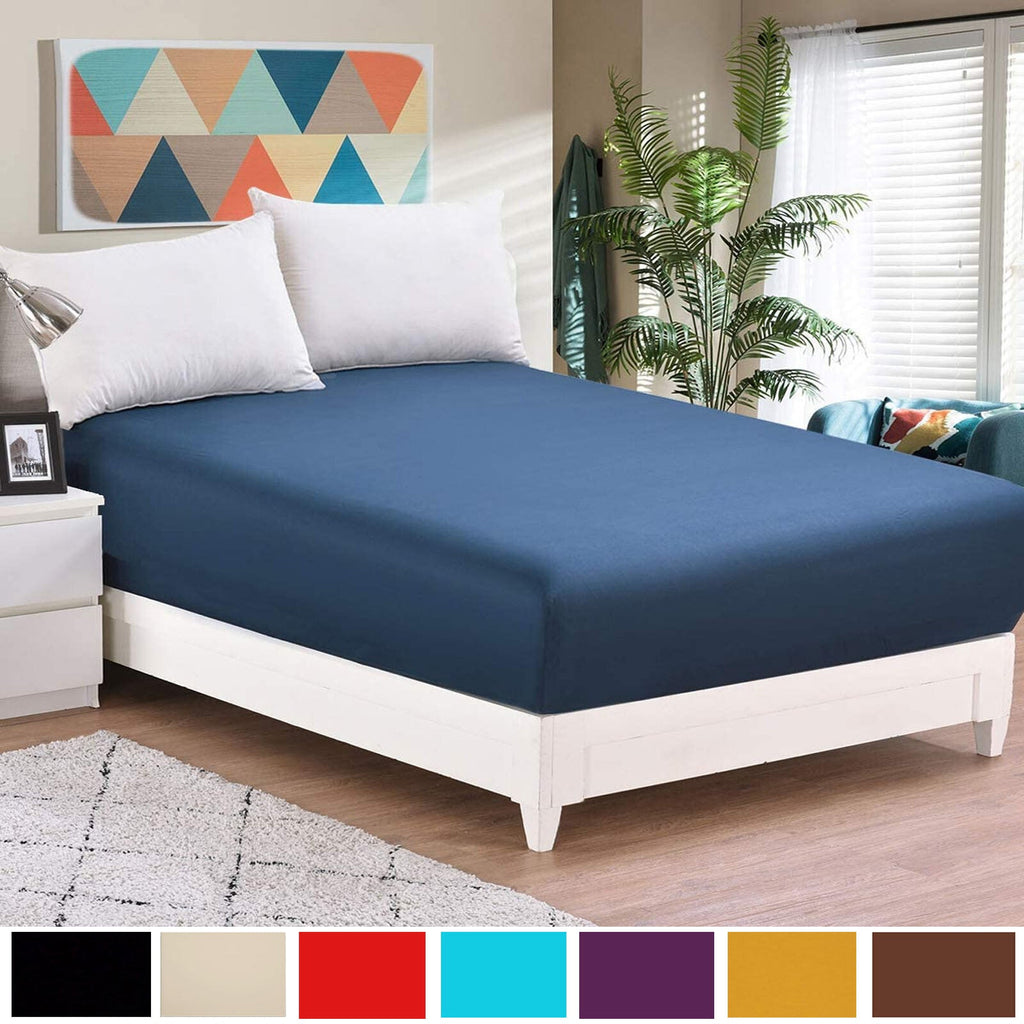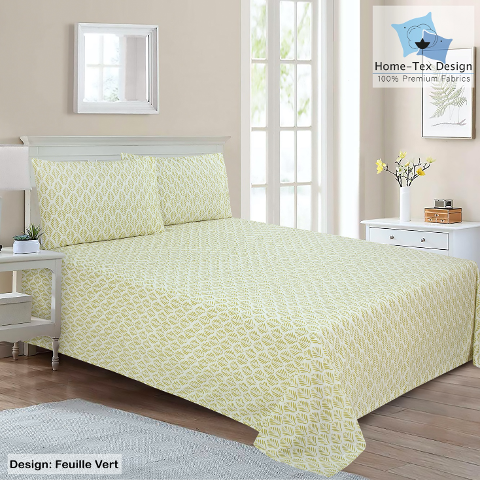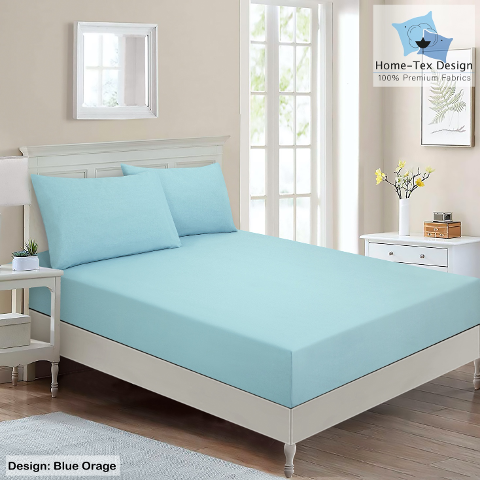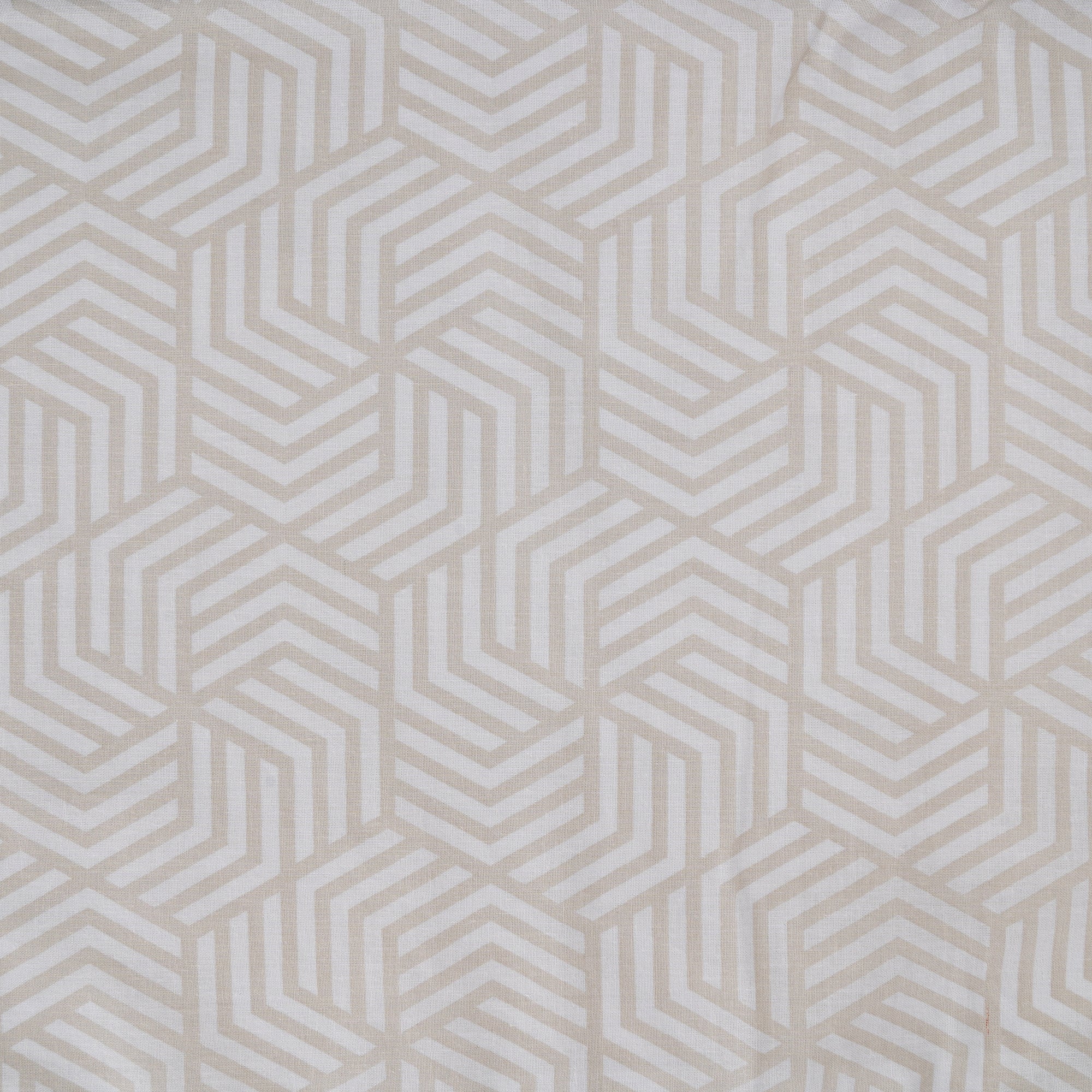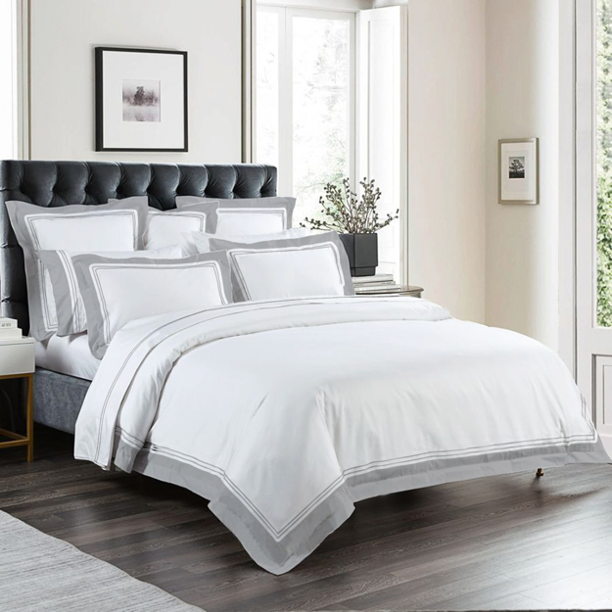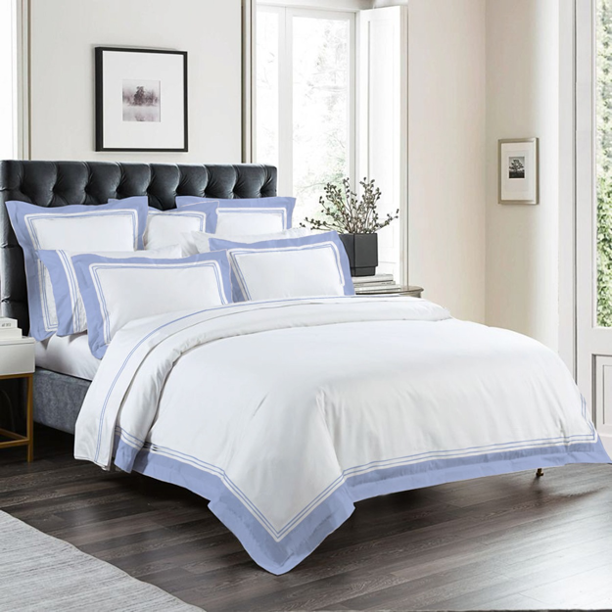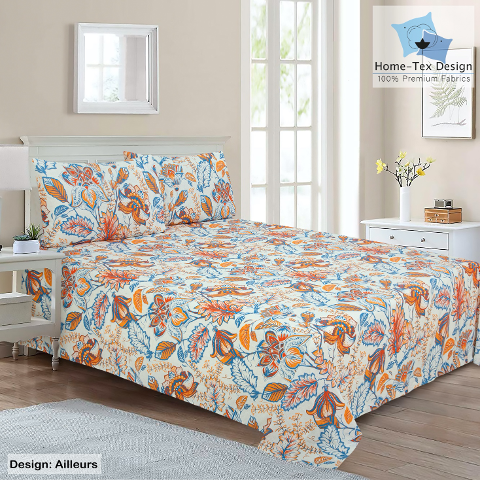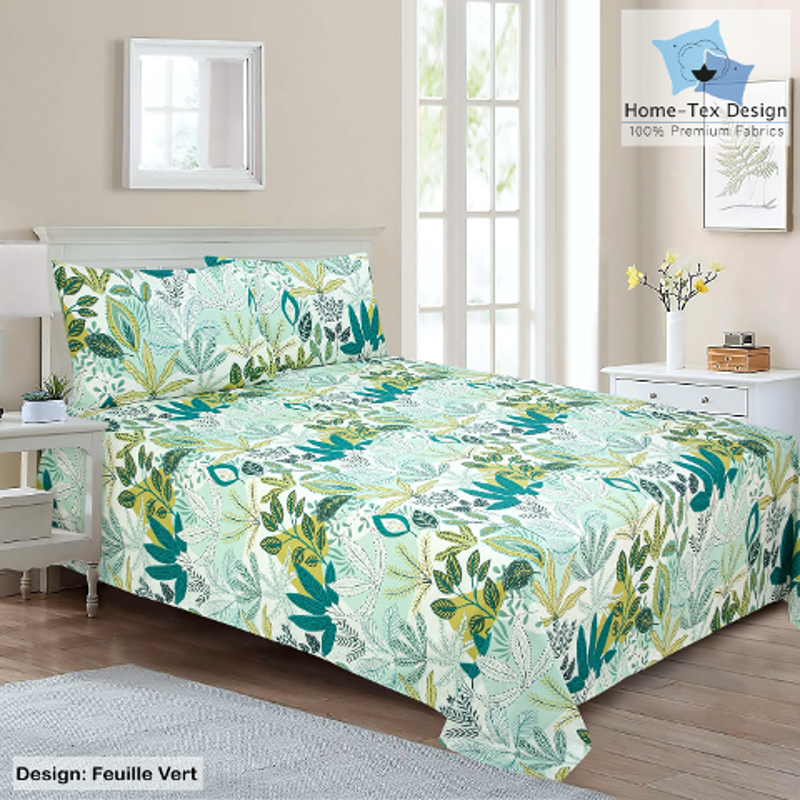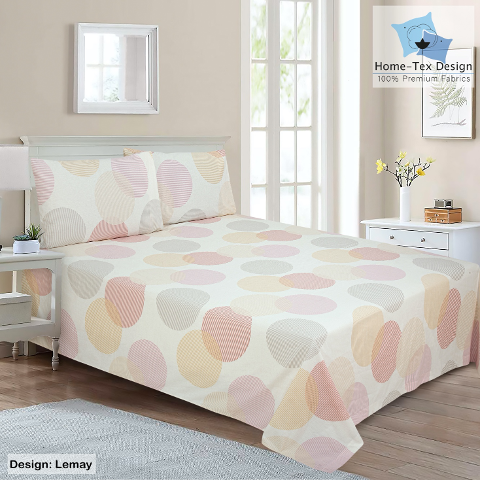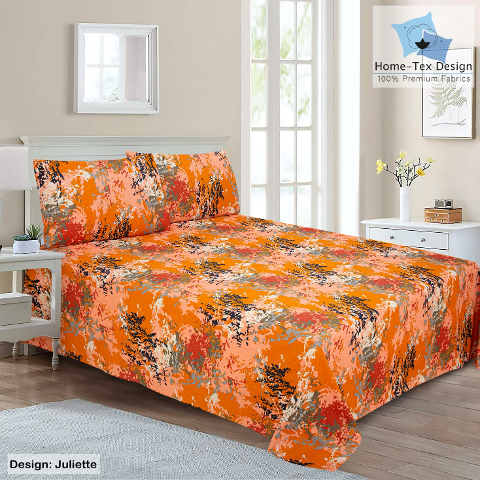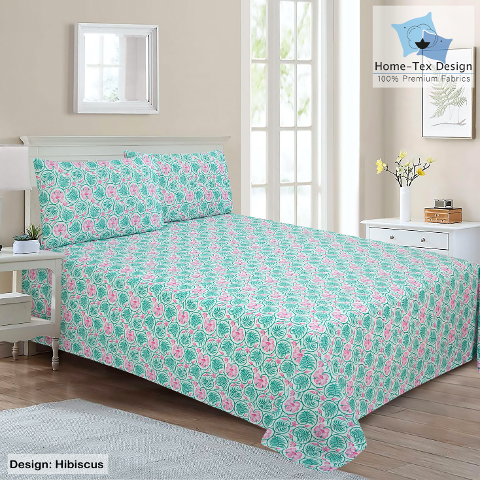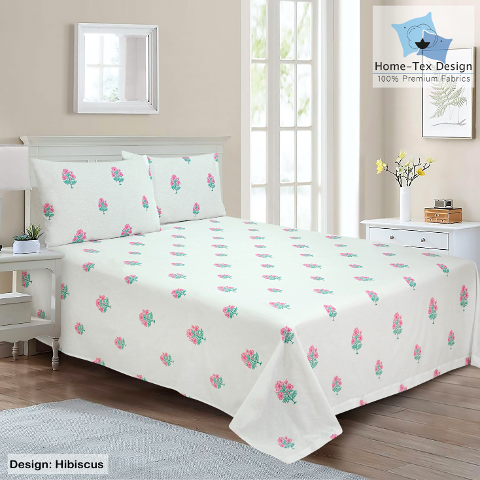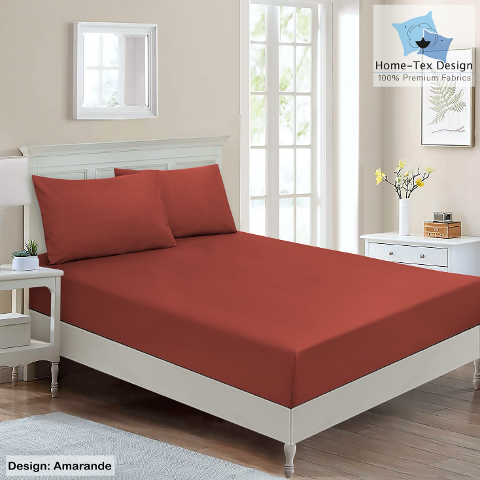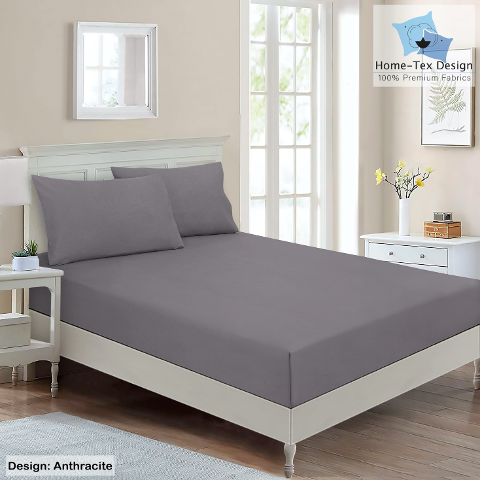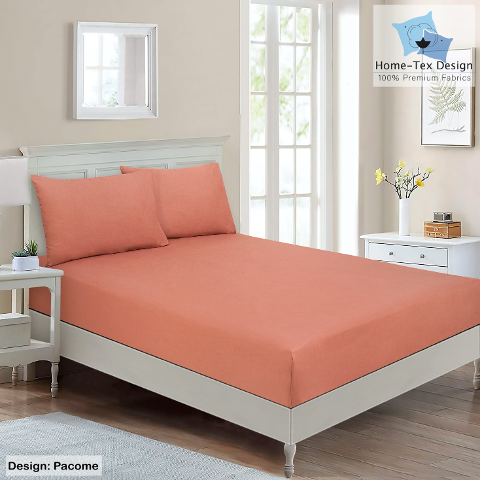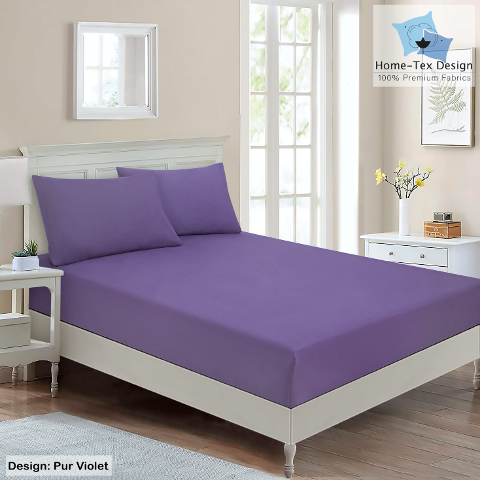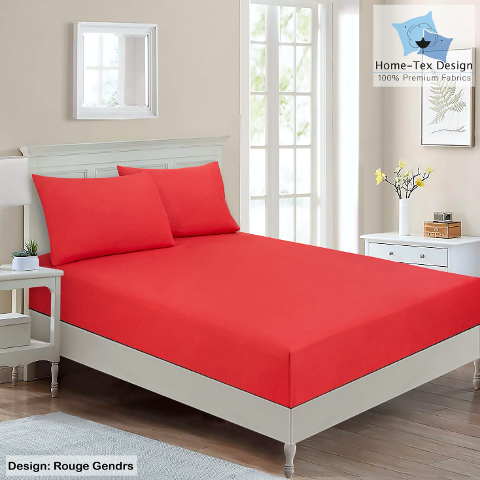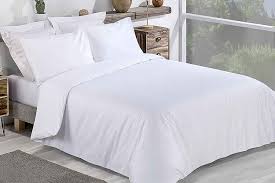
Eco-Friendly Bed Sheets: Sustainable Options for a Greener Bedroom

As sustainability continues to gain momentum across various industries, the home goods sector is also undergoing a transformation. More and more consumers are seeking eco-friendly alternatives to everyday items, and bed sheets are no exception. While it’s easy to overlook the environmental impact of the products we sleep on, traditional bed linens can contribute significantly to ecological harm. From the use of chemical pesticides in cotton farming to non-biodegradable synthetic fabrics, conventional bedding options can be detrimental to both the planet and our health.
In response, eco-friendly bed sheets have become a popular choice for environmentally conscious consumers. These sheets are made from sustainable materials, produced with eco-friendly practices, and designed to last longer, reducing the frequency of replacements. In this article, we will explore the sustainable options available for those seeking to create a greener, more eco-friendly bedroom.

The Environmental Impact of Traditional Bed Sheets
To understand the importance of choosing eco-friendly bed sheets, it’s essential to first look at the environmental impact of traditional bedding materials. Many conventional sheets are made from cotton, polyester, or a blend of the two—materials that can have significant negative effects on the environment.
Cotton:
While cotton is a natural fiber, it is one of the most pesticide-intensive crops grown globally. The pesticide use not only harms ecosystems but also depletes soil health and water resources. Additionally, conventional cotton farming often requires large amounts of water, contributing to water scarcity in some regions.
Polyester:
Polyester is a synthetic fabric made from petroleum-based resources. The production of polyester is energy-intensive and generates significant amounts of pollution. Furthermore, polyester is not biodegradable, meaning it contributes to long-term landfill waste when discarded.
By opting for eco-friendly bed sheets, you can reduce your environmental footprint and support sustainable practices that help preserve the planet’s resources.
Sustainable Bed Sheet Materials
Fortunately, there are a variety of eco-friendly alternatives to traditional bedding fabrics. Let’s take a look at some of the most popular sustainable materials used in eco-friendly bed sheets:
Organic Cotton
Organic cotton is one of the most well-known sustainable bedding materials. Unlike conventional cotton, organic cotton is grown without the use of harmful pesticides or synthetic fertilizers. This makes it a more environmentally friendly option, as it reduces soil and water contamination. Organic cotton farms also tend to use crop rotation and other practices that promote soil health, further reducing environmental damage.
Additionally, organic cotton is typically grown using rainwater, reducing the need for irrigation and conserving precious water resources. This makes organic cotton sheets a great choice for those looking to reduce their environmental impact without compromising on comfort or quality.

Linen
Linen is a natural fiber made from the flax plant. Flax is a highly sustainable crop, requiring little water and few pesticides to grow. Linen is biodegradable and has a smaller environmental footprint than cotton. The production process of linen also uses fewer chemicals and energy than other fabrics, making it one of the most eco-friendly options available.
Linen bed sheets are also durable and get softer with each wash, meaning they can last for many years. Because of its breathability and moisture-wicking properties, linen is an excellent choice for warm climates or individuals who tend to sleep hot.
Bamboo
Bamboo has become increasingly popular as an eco-friendly fabric option in recent years. Bamboo grows quickly without the need for pesticides or fertilizers, making it a highly sustainable crop. The fibers are naturally antimicrobial, which means bamboo sheets can remain fresh for longer and reduce the need for frequent washing.
Bamboo fabric is typically processed through a method called lyocell or bamboo viscose, both of which are less harmful to the environment compared to traditional viscose production. Sheets made from bamboo are soft, breathable, and moisture-wicking, offering a luxurious feel while being kind to the planet.
Tencel (Lyocell)
Tencel, also known as lyocell, is a sustainable fabric made from wood pulp, typically from eucalyptus, beech, or spruce trees. The production of Tencel involves a closed-loop process, meaning that the solvents used to turn the wood pulp into fiber are recycled, reducing waste and pollution. The production process also uses less water compared to cotton farming.
Tencel sheets are soft, breathable, and moisture-wicking, offering excellent comfort. They also have a silky smooth feel and are resistant to wrinkles, making them a low-maintenance option for an eco-friendly bedroom.
Hemp
Hemp is another sustainable material gaining popularity in bedding. Hemp plants require very little water, pesticides, or synthetic fertilizers to grow, making them a highly eco-friendly crop. Hemp fibers are strong, durable, and naturally resistant to mold and mildew, ensuring that hemp sheets last longer.
Hemp fabric has a unique texture and gets softer with use, much like linen. While hemp is not as commonly used as other fabrics, it’s an excellent choice for anyone looking for a long-lasting and environmentally conscious option.
Benefits of Eco-Friendly Bed Sheets
Switching to eco-friendly bed sheets offers several benefits beyond just reducing your environmental impact:
Healthier for You:
Many eco-friendly fabrics are free from harmful chemicals like pesticides, dyes, and formaldehyde. This makes them gentler on sensitive skin and reduces the risk of allergies or irritation.
Durability:
Sustainable fabrics like linen, hemp, and organic cotton are often more durable than their conventional counterparts, meaning your sheets will last longer and you won’t need to replace them as often. This can ultimately save you money in the long run.
Comfort:
Eco-friendly sheets tend to be breathable and moisture-wicking, which can help regulate your body temperature and keep you comfortable throughout the night. Many of these materials become softer with each wash, providing a luxurious sleeping experience.
Choose Sustainable for a Greener Bedroom
Eco-friendly bed sheets are a simple yet effective way to make your bedroom more sustainable. By choosing materials like organic cotton, linen, bamboo, Tencel, or hemp, you can reduce your environmental footprint, enjoy better health, and sleep in comfort. These options provide not only eco-conscious choices but also long-lasting, high-quality products that enhance your sleep experience.
If you’re ready to make your bedroom more sustainable, explore the wide range of eco-friendly home products from Home Tax Design. Their commitment to quality and sustainability makes them a great choice for anyone looking to transform their home into an eco-conscious sanctuary.
Take the first step toward a greener, more comfortable bedroom with Home Tax Design today!

